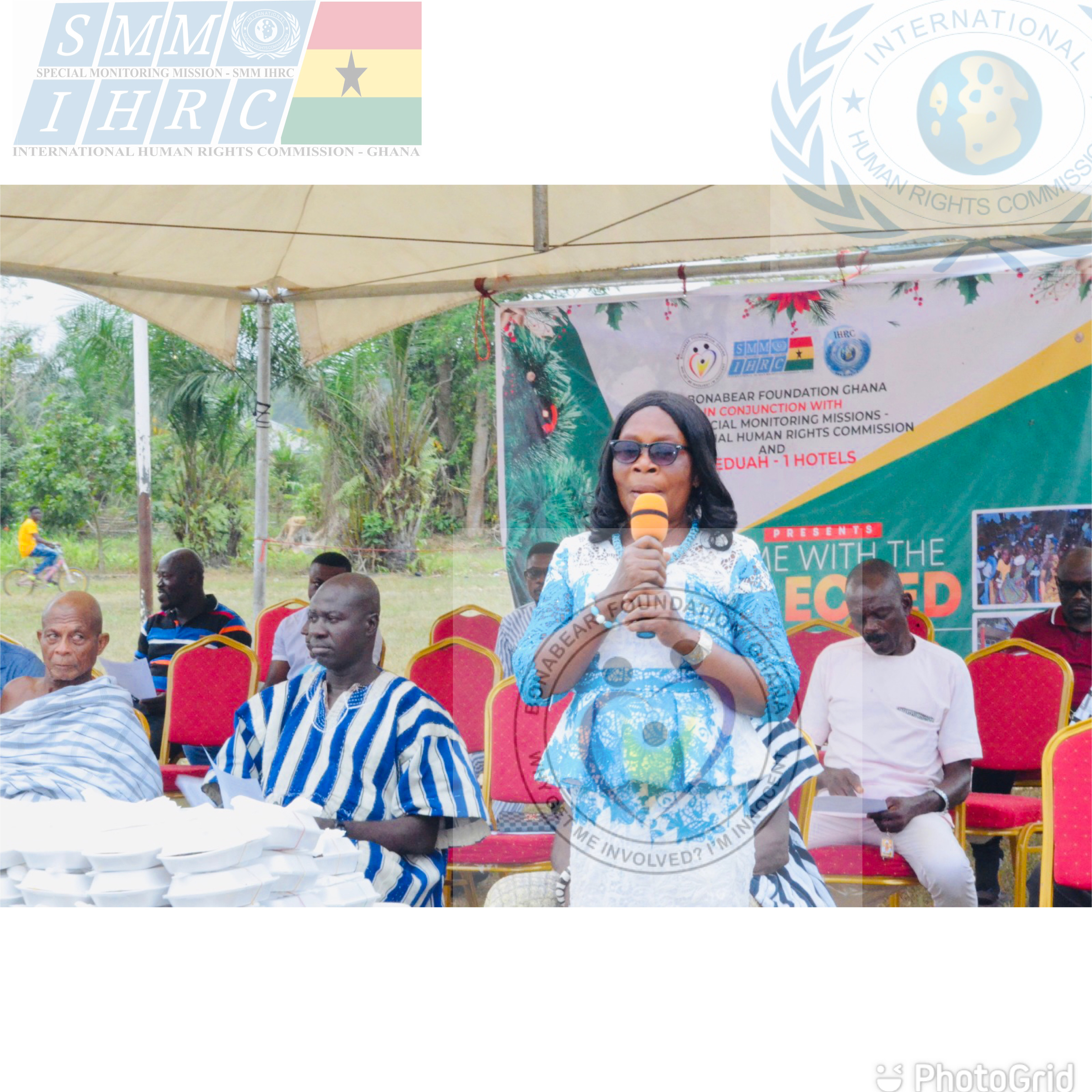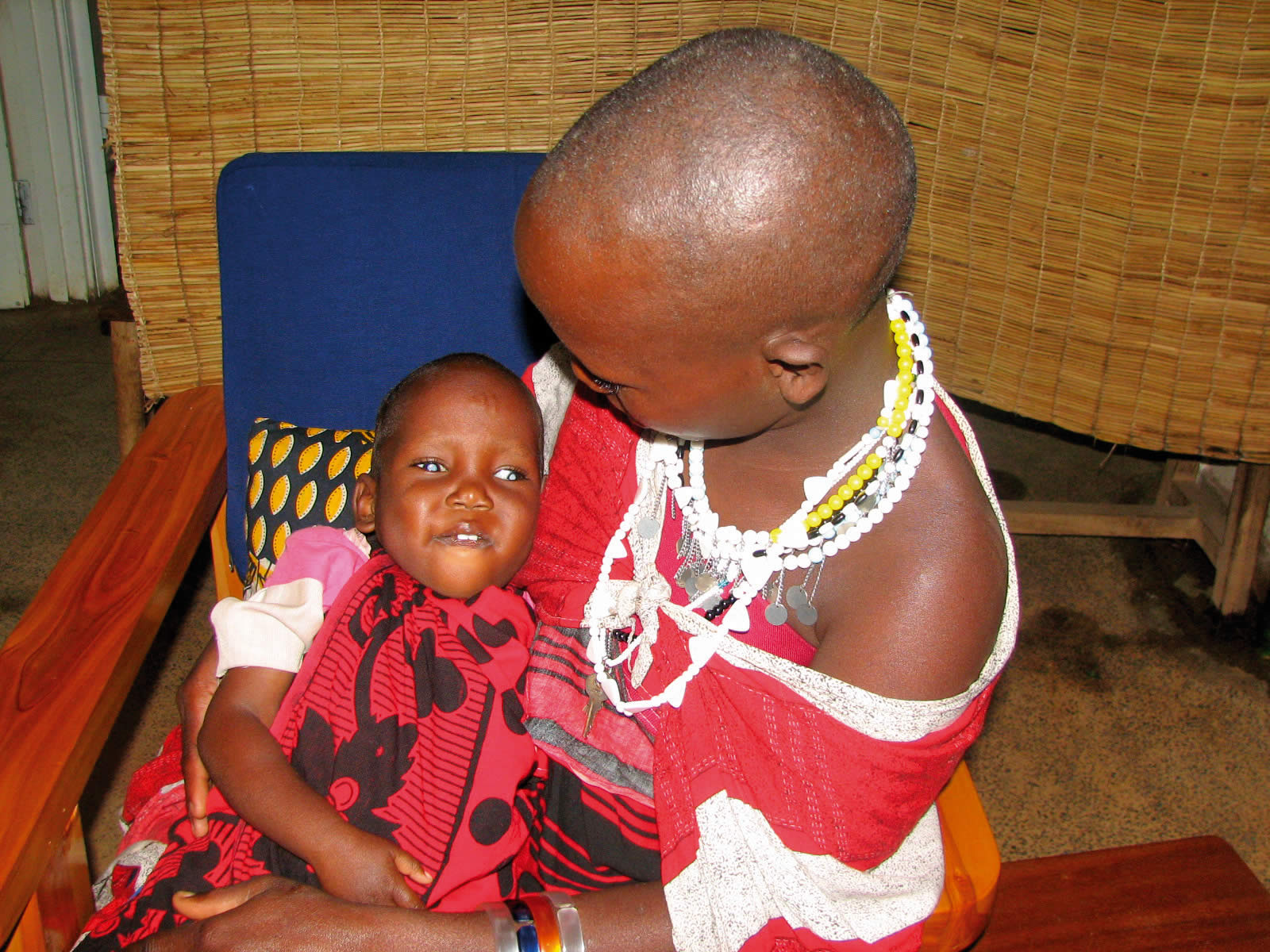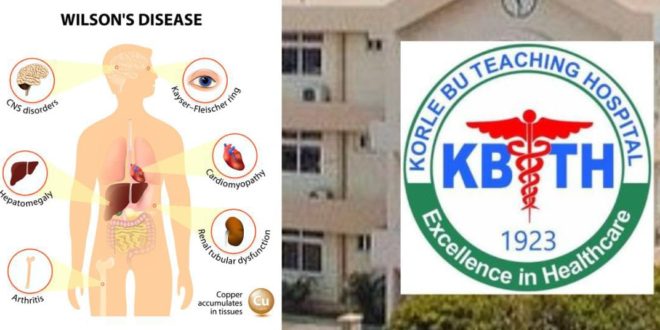Africans Deserve Pain Relief, Not Needless Suffering and
Neglect
In the vast landscape of healthcare disparities, one
question resounds with poignant urgency: why should Africans endure the agony
of preventable pain? Each year, millions in the Global South succumb to
needless suffering, their voices silenced by the absence of palliative care and
limited access to opioids, critical tools in alleviating the torment of
life-limiting illnesses.
Africa, the continent most profoundly impacted, grapples
with stark realities. Among its 54 nations, merely 11 have established rudimentary
palliative care frameworks or policies, leaving vast swaths of the population
bereft of essential support during their most vulnerable moments. Integration
of palliative care into medical education remains woefully deficient,
exacerbating the scarcity of skilled professionals capable of providing
compassionate relief.
A stark illustration of this crisis lies in the skewed
distribution of pain relief medications. A mere six affluent nations consume a
staggering 79% of the global morphine supply, leaving Africa languishing in the
shadows of deprivation. The dual barriers of prohibitive costs and stringent
regulatory controls, fueled by fears of substance abuse, conspire to confine
essential medications beyond the reach of those in dire need.
Compounding this injustice is the acute shortage of
healthcare practitioners, particularly in remote regions where the
doctor-patient ratio plummets to alarming depths. In many African nations,
morphine remains a phantom within the public health system, exacerbating the
anguish of countless individuals grappling with the ravages of disease.
The imperative for effective analgesia becomes ever more
pressing against the backdrop of escalating cancer incidence. With over a
million new cases reported in 2020 alone, Africa faces a looming crisis
compounded by delayed diagnoses, limited treatment modalities, and scant access
to innovative therapies that have revolutionized care elsewhere.
Within this bleak landscape, stories like that of Joshua
Ouma serve as poignant testaments to resilience amidst adversity. Diagnosed
with rectal cancer, Joshua's journey epitomizes the struggle against
insurmountable odds, compounded by economic hardship and a fragmented
healthcare system. His reliance on community support underscores the critical
role of solidarity in navigating the labyrinth of illness.
Yet, amid the shadows, glimmers of hope emerge. Across
Kenya, Malawi, Rwanda, Uganda, and South Africa, pioneering efforts are
underway to expand access to palliative care, transcending colonial legacies to
embrace indigenous solutions. Malawi, lauded as a beacon of progress,
epitomizes the transformative power of comprehensive public health strategies,
leveraging education, policy, and grassroots advocacy to effect tangible
change.
In Kenya, strides towards palliative care integration offer
a ray of hope amidst pervasive challenges. With a burgeoning national policy
and expanding healthcare infrastructure, the nation stands poised to usher in a
new era of compassionate care. Crucially, initiatives to democratize access to
essential medications herald a paradigm shift, empowering nurses to prescribe
morphine and dismantling archaic barriers to relief.
Yet, formidable obstacles loom large on the horizon. Rural
communities remain marginalized, bereft of skilled caregivers and essential
resources. Cultural taboos surrounding death perpetuate a cycle of denial,
impeding frank discussions and delaying access to palliative interventions
until crisis ensues.
In the hallowed halls of Nairobi Hospice, a sanctuary amidst
turmoil, the ethos of compassion reigns supreme. Here, amidst the clatter of
jerry cans and the whispers of hope, patients find solace in community, their
stories interwoven with threads of resilience and defiance.
As Africa grapples with the imperatives of an uncertain
future, the plight of its most vulnerable beckons us to action. In the crucible
of suffering, a clarion call emerges: to confront inequities with unwavering
resolve, to amplify the voices of the silenced, and to forge a future where no
one need endure the agony of needless pain.










.jpg)